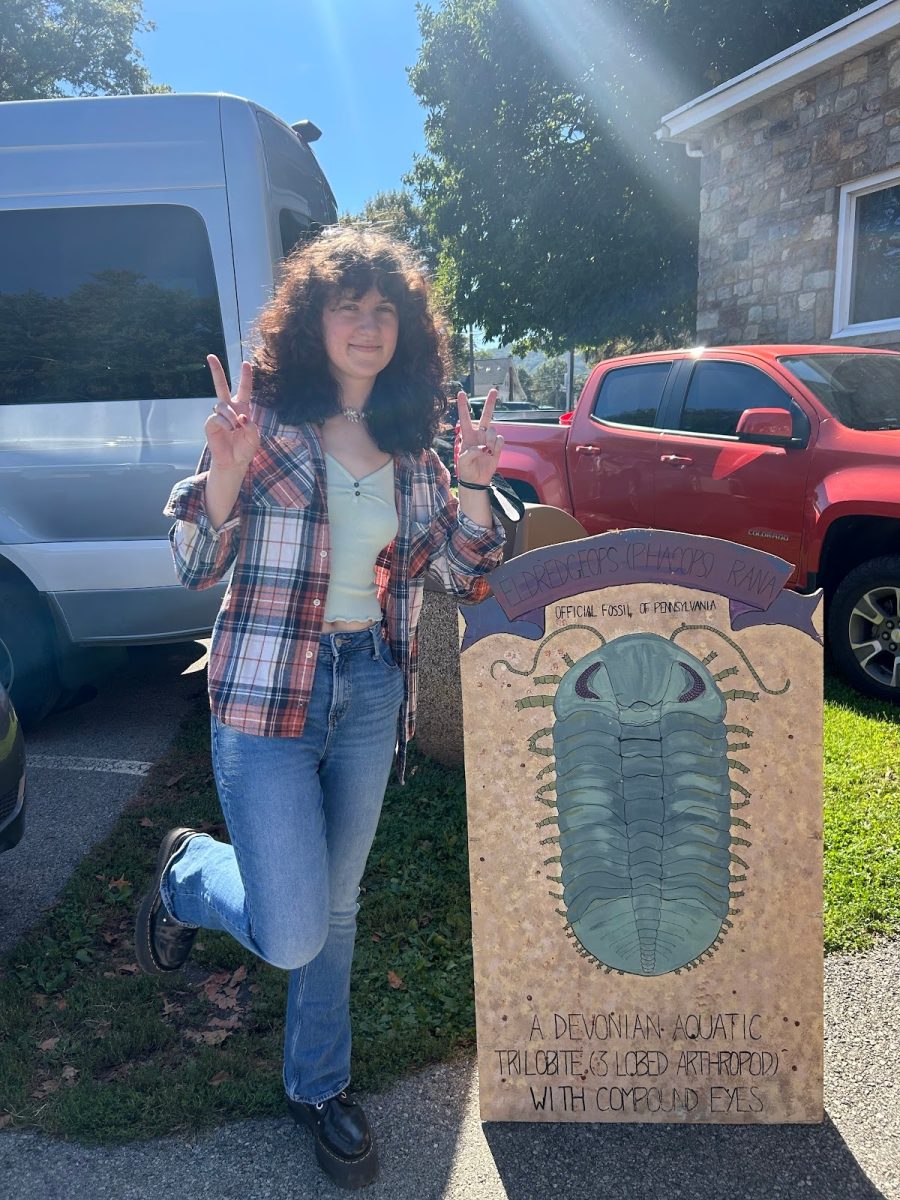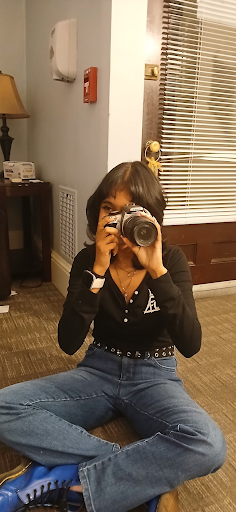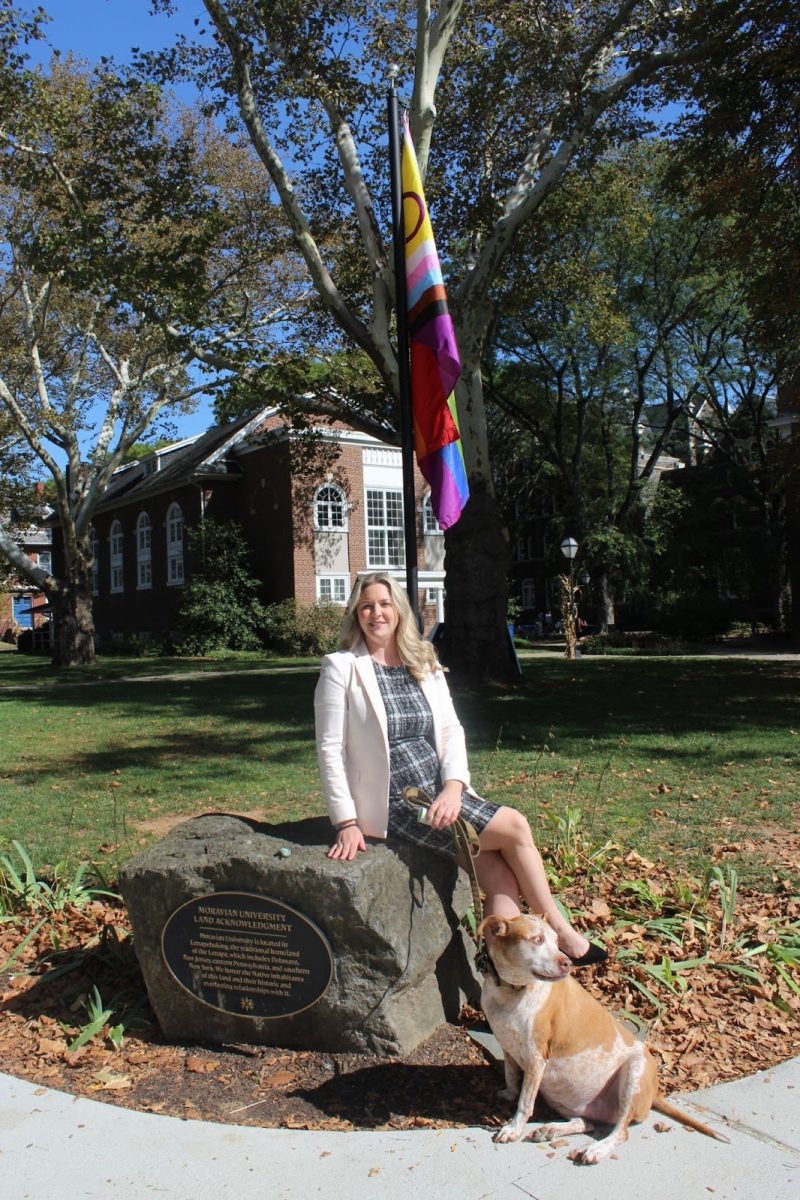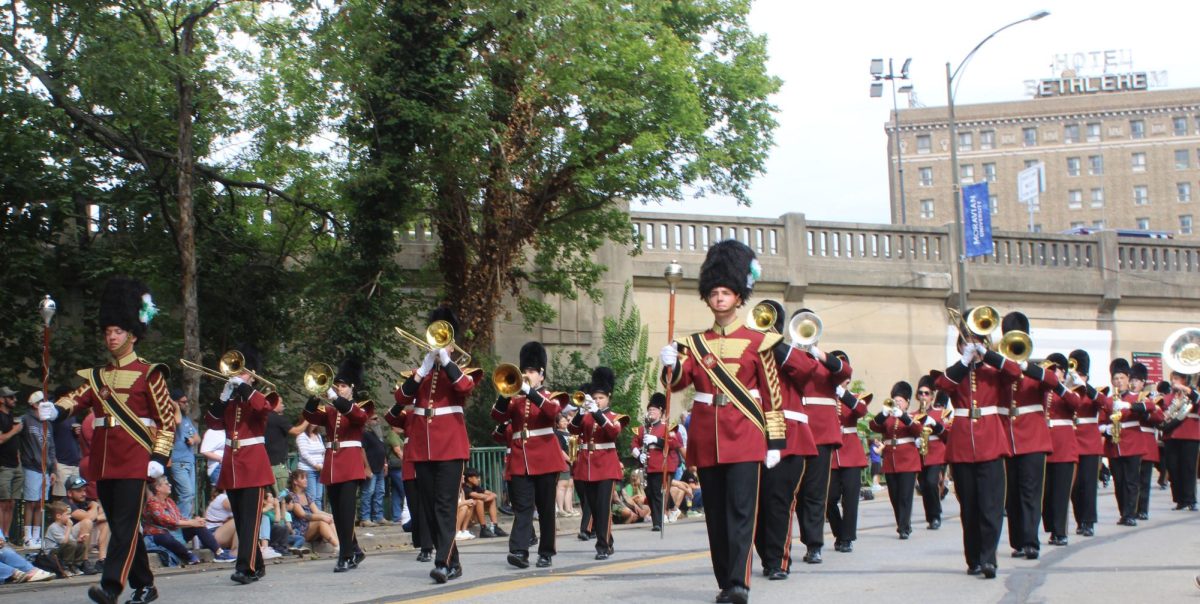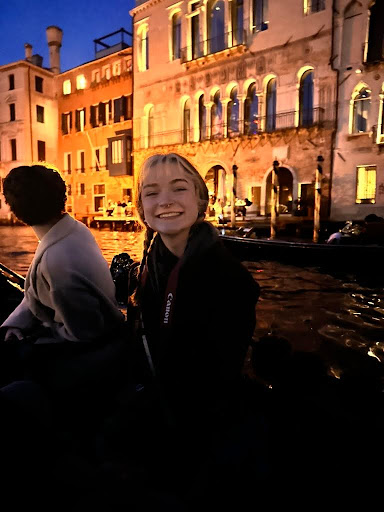
If you’ve ever participated in a long or short-term study abroad program, you’re probably familiar with the honeymoon and crisis phases, which the Moravian Center for Global Education warned me about in my various pre-departure orientations.
For those unfamiliar, the honeymoon phase usually lasts for a few weeks to a month after arriving in your new country – seeing all the excitement, trying new food, and meeting new people leads to a state of extreme excitement, but it usually is followed by a period of crisis: feeling frustrated at not understanding a new culture, being confused by public transport, homesickness, getting sick or lost or pickpocketed, or some other jarring event that pulls you out of your comfort zone.
Well, fear not: I may be speaking too soon, but a month into my study-abroad experience, I think I may have already experienced every phase except the reverse culture shock of returning to the U.S. after falling in love with Italy and Europe as a whole.
On my first day in Florence, I got pickpocketed $40, and when I arrived in Rome for my first weekend trip, I bought the wrong train tickets without ticket insurance, our Airbnb was in the worst possible location, our Airbnb key stopped working, it was pouring rain, and a scam artist tried shoving a rose down my shirt to force me to buy it, and on my tram ride home, I almost threw up from motion sickness.
And, on my first night out, my brand new vintage purse broke from the rain, and I lost my wallet. So, it’s been a trip.
I also am living in a hotel instead of student housing (right under the rooftop bar, so I invested in some good earplugs), so it took me a week or so to find friends through classes and orientations. I didn’t enjoy any nightlife during my first week and ate many meals by myself, but I learned to be comfortable with the solitude. So, it’s safe to say I went through a little adjustment period.
But after the phase of frustration and distress, I wanted to add my own new phase, which I haven’t seen nearly as many people write about: the acclimation and biculturalism phase. Now, I feel entirely comfortable in my new city and even visit smaller cities that don’t have as many English speakers. I communicate with locals using either my very poor Italian skills or Google Translate.
Now, it may seem like I’m having a troubled time – but I could not be more thankful for this entire experience. Studying abroad opens your eyes in so many new ways; I’ve taken multiple trips to little towns near Florence, like Prato, Fiesole, Pisa, and Lucca, and I’ve been having so much fun both by myself and with my new group of amazing friends (love you guys)!
The amount of times I’ve seen a piece of art and just burst out into tears is ridiculous, and every town I’ve visited, including Florence, has architecture that Bethlehem, PA, could never even dream up. The most remarkable buildings I know back home are from the 1700s, while The Pagliazza Tower was created by the Byzantines between the sixth and seventh centuries – not even comparable if you ask me.
I also have to mention the beautiful Florence Duomo, which was built from plans made in 1296 and later completed in 1436 – just an architectural wonder. Oh, and the frescos everywhere; I don’t even have to be in a church or museum to see stunning art; there are frescos on the sides of random buildings I pass every day on my way to get groceries.
The world is so big, and there is so much to see; I’ve already started looking into more study abroad programs I could participate in when I come home. I haven’t even scraped the surface of Italy, and so far, all my trips have remained in the country.
By the way, unrelated, Venice is beautiful – it is a must-see city. I rode a gondola, fell in love with the beautiful canal systems, and had some of the best meringue in my life (and I baked a LOT of meringue during COVID-19).
While participating in my short-term study abroad program in Florence last Spring, I didn’t experience the more negative phases, likely due to my short time abroad. In that program, we never left the city of Florence, but I was dorming with friends I already knew from Moravian, so it was a lot easier to go out when I had willing roommates and a lot harder to feel lonely when you sleep in a quadruple bedroom in a hostel.
I’m also sure many people had a much more normal, gradual welcoming to Florence, while many, unfortunately, did not receive that luxury (sorry to everyone who got mugged in my program so far…)
All of this to say: studying abroad can be scary, but it also is life-changing and wonderful; I now know to be more careful walking around, get a front-facing purse, and avoid unsafe places – something I probably would have learned eventually, but maybe in a more dangerous manner than just losing $40.
This is just the reality of living in a city, especially a touristy one—and Florence has yet to reach its peak tourism season. But, just like life, studying abroad has its ups and downs (way more ups than downs, though!), and I’m so excited to continue exploring the beautiful country of Italy.




